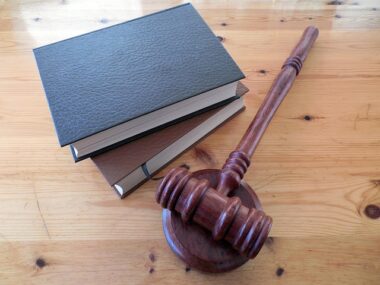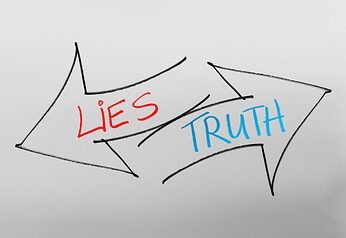Last Updated on October 12, 2025 by Michelle Ball
If a student is facing a school suspension, and appealing or challenging it, what arguments can parents make to stop or reverse it? It will depend on the situation, and the law.
Argue the Act Was Not Legally Suspendable (if it wasn’t)

Sometimes, schools suspend kids for things that are not actually, legally, suspendable. Yes, it happens. When this occurs, parents need to use the law to prove the suspension is invalid! This is one of the strongest approaches parents can take, IF applicable.
The right of public schools to suspend comes from California Education code, sections 48900 through 48914. Valid suspendable offenses are listed in sections 48900, 48900.2, 48900.3, 48900.4, and 48900.7.
If a student committed “misconduct” that is not contained in these sections, it is not suspendable,
One Illegal Suspension Basis: Section 48900(k)
A perfect example of something a kid can’t be suspended for includes section 48900(k). This section covers disruption and defiance.

However, although 48900(k) was a basis for student suspensions for decades, to the bane of this office and many parents, section 48900(k) is no longer a valid legal basis for student suspensions (at least through June 2029). That means that any suspension with that section as its only support, is fully reversible.
Shockingly, this office has seen suspensions using section “k” recently, despite it being no longer legal for suspensions.
Argue It Was the Student’s First Offense
If the student’s action that led to suspension was their first offense, it was not a dangerous situation, and the suspension is not under Education Code section 48900 (a)-(e), the school must issue an alternative punishment. Parents should argue this angle if the argument exists, as it is very persuasive, and it is the law.
Argue the School Failed to Get the True Story

Sometimes a school gets it completely wrong. Maybe they did not interview all the witnesses (very common), or only interviewed the “victim’s” friends. Maybe the vice principal did not even interview the accused student!
If the school failed to get the real story, the parent can ask them to do additional investigating. There is no guarantee they will, but it could be worth a shot.
Parents can also provide a statement from the suspended student, if none was taken. However, this should be done with extreme caution, as anything in that statement can be used against the student, and will be construed as a confession.
A parent can also provide additional witness names and see if the school will call the students in to get their story.
Investigations Not Always What a Parent Thinks
School interviews requested by a parent may lead student witnesses to tell a different story than the suspended student thinks they will. This could be because the witnesses saw something different.
Or, it could be because schools may use leading questions to ensure they get answers they want. They may also cut students off when they tell the vice principal something that goes against the school’s narrative.
Sometimes schools even write a student’s statement for them, or dictate a student’s statement to them for them to “take down.” It can be a real mess.

Sometimes schools are stranger than fiction, truly.
Prove It Wrong!
If the parent does not trust the school to do additional investigating, or to conduct fair interviews, they can gather and provide their own evidence.
Maybe the parent has a video of the event which shows the student did not do it, or a bunch of student statements saying that the suspended student was in the bathroom (alibi) at the time of the incident.
Whatever the situation, parents can provide additional evidence to try to prove a student’s innocence. Maybe they will change the school’s decision if evidence is persuasive enough.
One caution: when gathering evidence, do not have the accused student involved. Speak to the parents of the student witnesses directly, in a non-intimidating way, to get permission, before engaging their child witness.
What if There Are No Witnesses?
What if the student committed a “crime” when the student was alone, such as alleged vandalism, or messing up a bathroom? All a parent has is the student themselves as a witness.
Parents can submit additional insight and evidence even if they don’t have independent witnesses. This can come in the form of an updated student statement, with the real facts. That statement can be a sworn statement (under penalty of perjury), which may be a higher level of proof than an unsworn school statement.

Parents can also gather data from outside sources, such as people who spoke to the student shortly after the situation, such as a counselor, pastor, or medical office.
Parents can be creative when trying to prove the innocence of a student, but can only deal in facts. But, maybe their factual evidence will convince the school to ditch the suspension altogether.
“You never know until you ask,” is often true.
Student attorney Michelle Ball has been helping students since 1995 with suspensions, expulsions and all sorts of school troubles. Being a lawyer focusing on student issues for decades brings a lot to the table and can be helpful when parents hit a bump in school. She can assist statewide, from her Sacramento office, in locales such as San Diego, Elk Grove, Auburn, Salinas, and throughout the Golden State.

